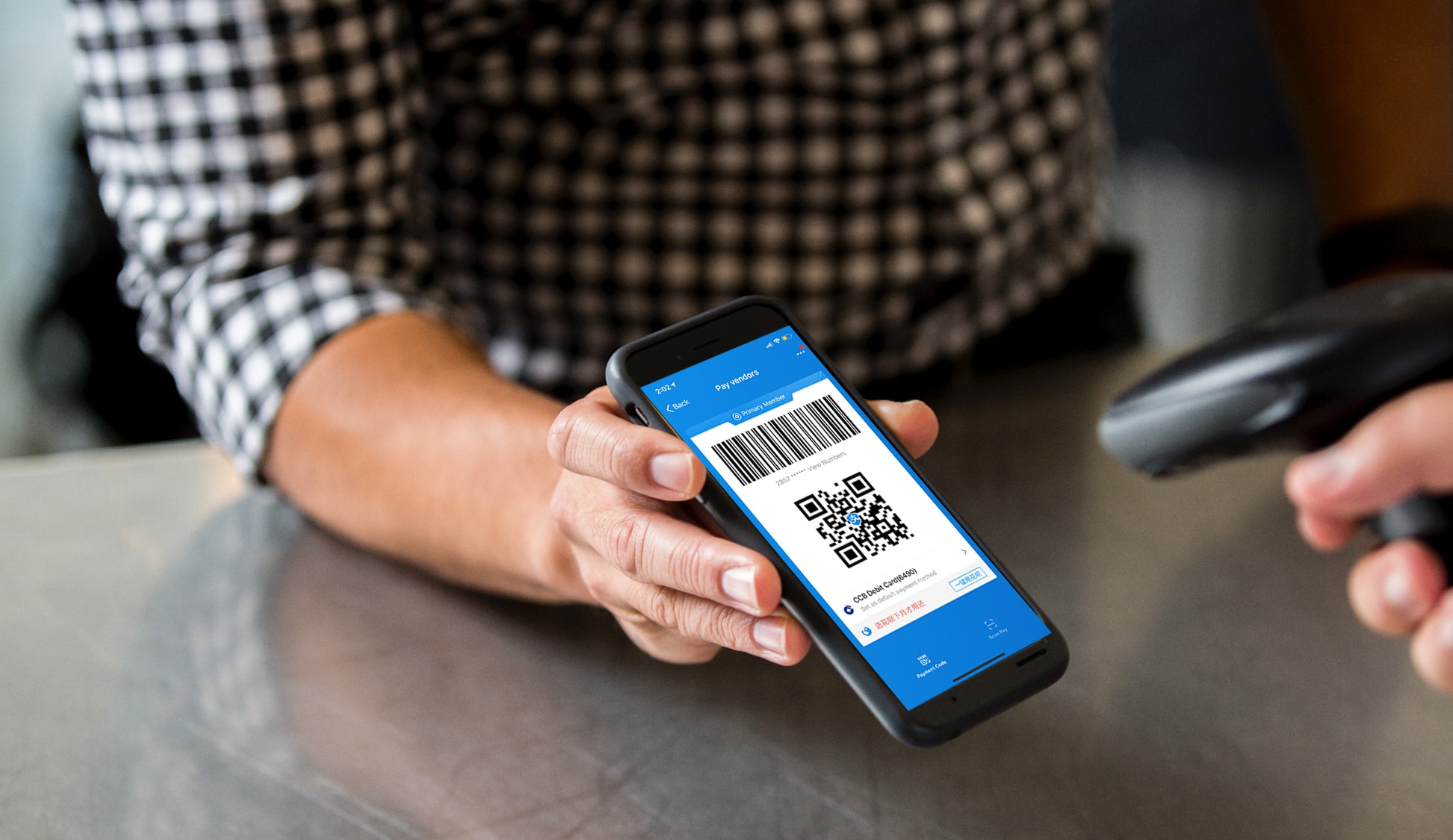

Finance
Point Balance Definition
Published: January 8, 2024
Discover the meaning of point balance in the world of finance and how it influences your financial well-being. Maximize your understanding of managing finances with our comprehensive guide.
(Many of the links in this article redirect to a specific reviewed product. Your purchase of these products through affiliate links helps to generate commission for LiveWell, at no extra cost. Learn more)
Understanding Point Balance: A Guide to Managing Your Finances
Welcome to our “Finance” category! In this blog post, we will dive into the world of point balance and how it can help you effectively manage your finances. Whether you’re a beginner or a seasoned pro, it’s crucial to understand the concept of point balance, as it can have a significant impact on your financial well-being. So, let’s explore what point balance is all about and how you can make the most of it.
Key Takeaways:
- Point balance: Refers to the total number of points, whether it’s reward points, loyalty points, or any other type of points, that you have accumulated over time.
- Importance of point balance: Understanding your point balance helps you track your earning, spending, and redeeming activities, ensuring you maximize the value of your points and make informed financial decisions.
What is Point Balance?
Point balance is a term used to describe the accumulation of points you have earned through various financial transactions. These points can come from credit card rewards, airline frequent flyer programs, hotel loyalty programs, and even retail rewards programs. Regardless of the source, your point balance equals the total number of points you currently possess.
The core idea behind point balance is that every time you engage in qualifying transactions, such as making purchases with a rewards credit card or staying at a participating hotel, you earn points. These points are typically redeemable for a variety of benefits, like discounted airfare, hotel stays, gift cards, or even cashback. By keeping track of your point balance, you’ll have a clear understanding of the value you’ve generated through your financial activities.
Here’s why point balance matters:
- Maximizing rewards: By monitoring your point balance, you can ensure that you are accumulating a sufficient number of points to take advantage of the rewards offered by specific programs. This can help you make the most of your spending and travel on a budget.
- Budgeting and financial planning: Your point balance can be a useful tool for budgeting and financial planning. By knowing the value of your points, you can choose whether to redeem them for immediate benefits or save them for future use. This can help you make strategic decisions that align with your financial goals.
- Avoiding expiration: Many rewards programs have expiration dates for their points. By keeping an eye on your point balance, you can make sure to redeem or transfer your points before they expire, ensuring you don’t lose out on valuable rewards.
Now that you understand the importance of point balance, let’s explore some practical tips to manage it effectively:
Managing Your Point Balance Effectively
If you want to make the most of your point balance, here are a few strategies to consider:
- Track your points: Keep a record of your point balance from different programs in one place. This could be a spreadsheet, a note-taking app, or even a dedicated reward points management platform.
- Set redemption goals: Determine what rewards you want to achieve and set specific goals for redemption. This will help you stay focused and make informed decisions about which points to use and when.
- Stay updated: Be aware of any changes in rewards programs or bonus offers. Subscribe to newsletters, follow social media accounts, and regularly check program websites to stay informed about new opportunities to earn and redeem points.
- Avoid unnecessary spending: While it’s tempting to spend more to earn more points, it’s essential to avoid unnecessary purchases that could strain your finances. Stick to your budget and make sensible spending decisions.
- Take advantage of partnerships: Look for opportunities to earn additional points through partner promotions or co-branded credit cards. These partnerships can provide extra value and boost your point balance.
By following these tips, you can take control of your point balance and optimize your financial rewards. Remember, understanding your point balance is a key step towards making smarter financial decisions and achieving your desired rewards.
So, start tracking your point balance today and unlock the potential for greater financial freedom!
If you found this article helpful, check out our other finance-related topics in the “Finance” category for more valuable insights.














